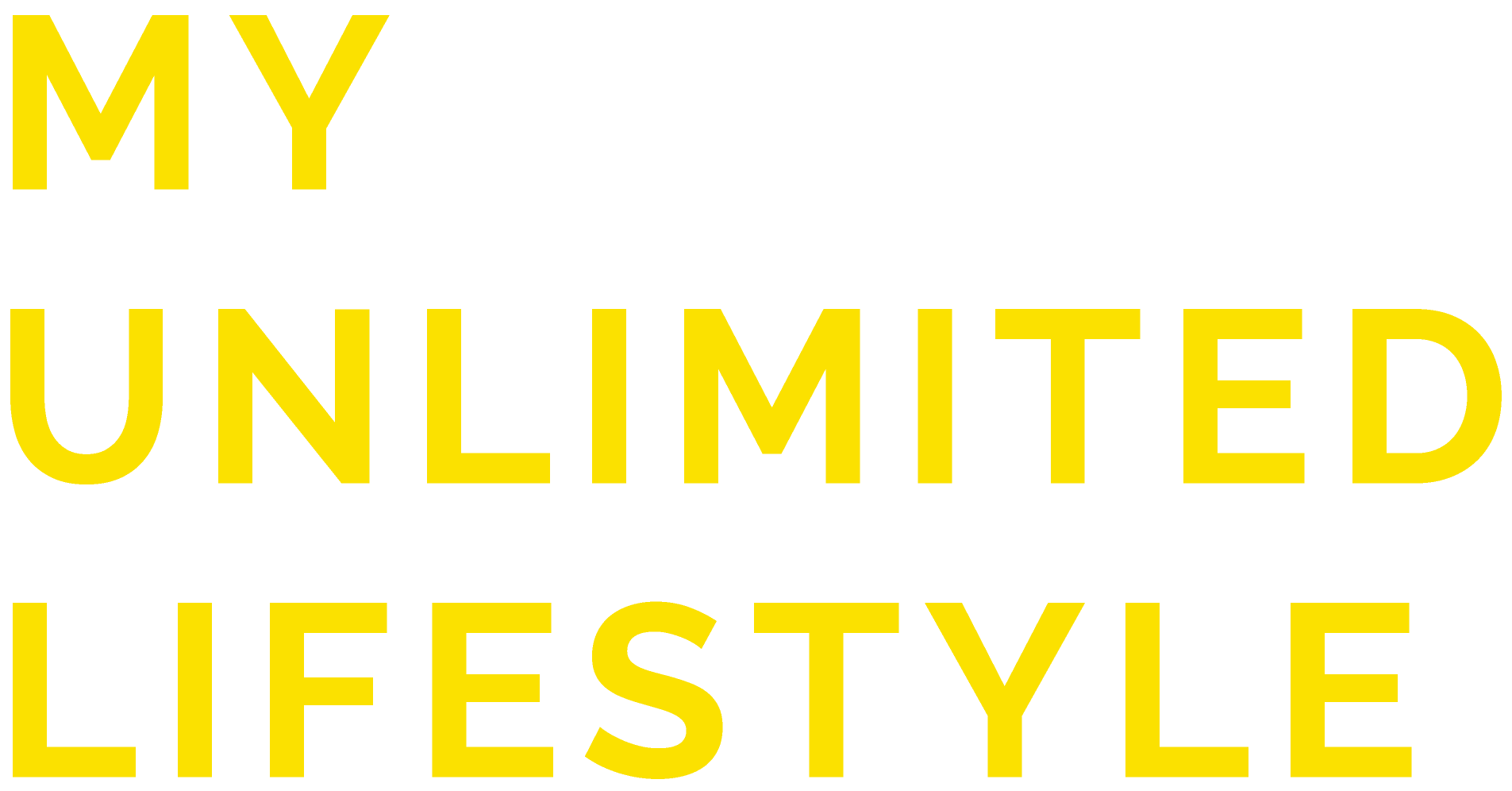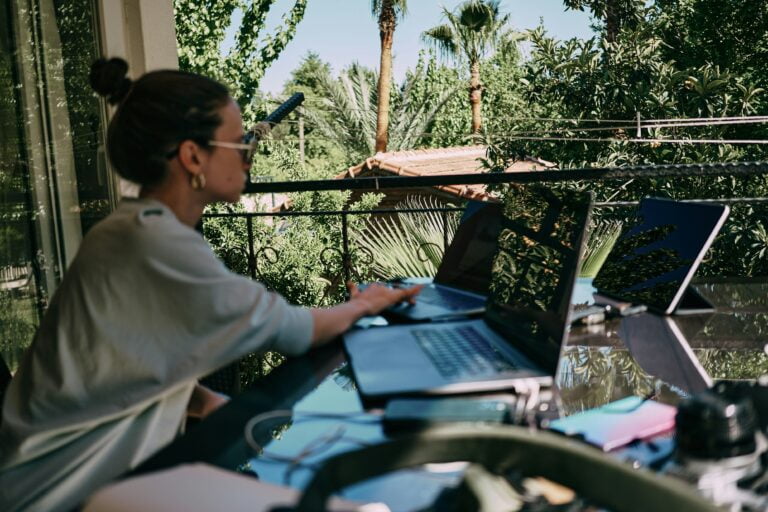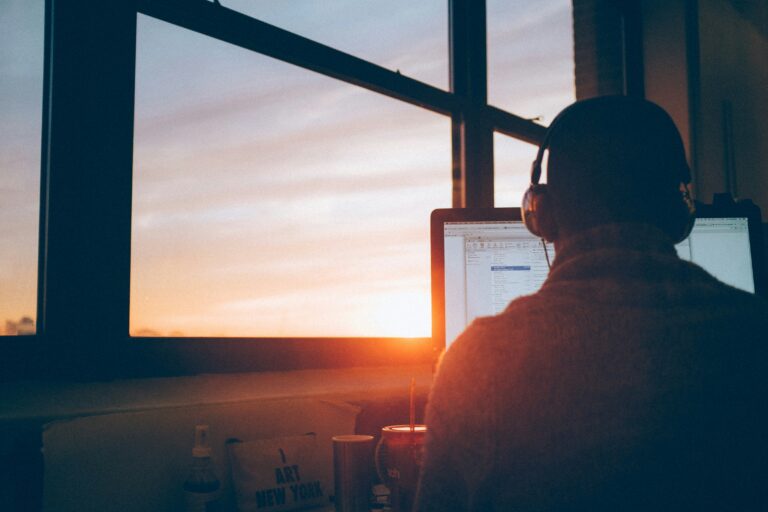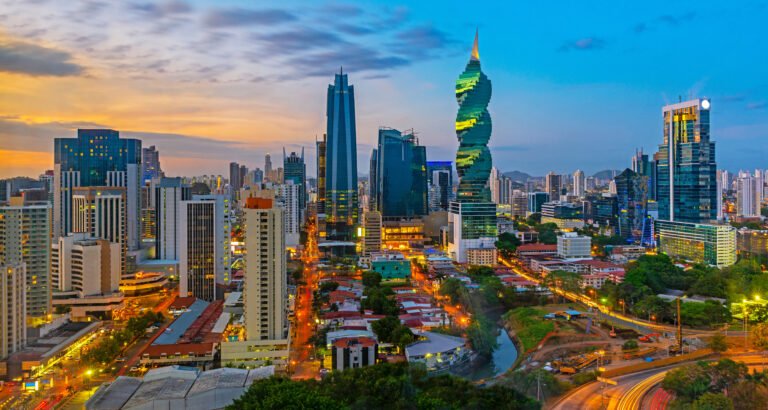Ai jobs may be the new era of work life.
The rise of artificial intelligence (AI) has been a primary source of disruption in many industries, and the world of work is no exception. AI’s impact on the work-life landscape is far-reaching and complex, potentially changing everything from job automation to hiring practices, education systems, labor laws, and the future of human capital. Here, I’ll explore the implications of AI on the work-life landscape and how we can prepare for a future in which AI plays an increasingly important role.

Introduction to AI and the Work-Life Landscape
I studied AI as the simulation of human intelligence processes by machines. It includes the ability to learn, reason, and self-correct, as well as the capability to understand and interact with the environment. AI is already used in many different ways, from medical diagnosis to facial recognition, and its potential applications are seemingly limitless.
In the world of work, AI is being used to streamline processes, automate jobs, and create new opportunities. It’s also changing the way we think about our labor force, the gig economy, and the future of education. In this blog, I’ll be exploring the various ways AI is transforming the work-life landscape.

How AI is Reshaping the Labor Force
The labor force is the collection of individuals who are employed and looking for work. AI is reshaping the labor force in many different ways. For one, it’s replacing certain jobs that were previously done by humans. This could be anything from factory work to data entry or even medical diagnostics. This has been a major source of disruption for people who are now out of work, as AI has eliminated their job and put them out of the labor force.
At the same time, AI is also creating new job opportunities. For instance, AI experts are in high demand, and there is a growing need for people who understand how to develop and maintain AI-driven systems. As AI becomes more widely used, the labor force will be increasingly composed of those with an understanding of AI and its various applications.
date, and we must act now to make no mistake.
How AI is Reshaping the Labor Force
The labor force is the collection of individuals who are employed and looking for work. AI is reshaping the labor force in many different ways. For one, it’s replacing certain jobs that were previously done by humans. This could be anything from factory work to data entry or even medical diagnostics. This has been a major source of disruption for people who are now out of work, as AI has eliminated their job and put them out of the labor force.
At the same time, AI is also creating new job opportunities. For instance, AI experts are in high demand, and there is a growing need for people who understand how to develop and maintain AI-driven systems. As AI becomes more widely used, the labor force will be increasingly composed of those with an understanding of AI and its various applications
AI and Job Automation
AI is having a significant impact on job automation. In some cases, AI-driven systems are replacing humans in the workplace. This could be anything from robots doing factory work to algorithms managing data. In other cases, AI is being used to automate administrative tasks, such as bookkeeping or customer service.
The rise of AI-driven automation has been a primary source of disruption for many businesses. It’s important to note, however, that AI-driven automation isn’t necessarily a bad thing. In some cases, it’s a necessary step for businesses to remain competitive. Furthermore, AI-driven automation can free up human workers to take on higher-level tasks that require more creativity and critical thinking.
AI and the Gig Economy
The gig economy refers to the collection of short-term, freelance, and contract-based jobs that have become increasingly popular in recent years. AI is having a big impact on the gig economy, as it’s creating new opportunities for people to make money.
For instance, AI-driven platforms such as TaskRabbit and Fiverr are making it easier for people to find short-term jobs. Furthermore, AI-driven chatbots and virtual assistants are becoming increasingly popular as they allow companies to outsource simple tasks to a much larger workforce. This creates more opportunities for people to make money without having to commit to a single job.
In case you’d like to learn about future emplyments that can help you outside AI jobs. Here are Five emerging professions for you.

AI and the Future of Work
AI has a major impact on the future of work. As AI-driven automation replaces specific jobs, it will create new opportunities for people to work in different ways. For instance, AI is making it easier for people to work remotely, as they can use AI-driven systems to manage their tasks and collaborate with colleagues from anywhere in the world.
At the same time, AI is also changing the way people think about their jobs. Rather than being tied to a single job for life, people will increasingly be able to move between different jobs and industries. This will create a more dynamic and flexible labor force, as people will be taking advantage of the changing job market and find the right job for them.
AI and Employment Law
As AI becomes more widely used, it will have an impact on employment law. For instance, companies will need to be aware of the legal implications of using AI-driven systems to automate specific jobs. Furthermore, employment law will need to account for the changing nature of the labor force and the potential for AI-driven discrimination.
It’s also important to note that AI can be used to help ensure compliance with employment law. AI-driven systems can be used to monitor employee behavior and ensure that companies are adhering to the applicable laws and regulations. This could include anything from ensuring equal pay for equal work to ensuring that everyone is treated fairly and respectfully.
AI and the Future of Education
AI is also having an impact on the future of education. AI-driven systems are making it easier for people to learn new skills and gain qualifications. For instance, AI-driven platforms such as Khan Academy and Coursera are making it easier than ever for people to access high-quality education without having to attend a traditional school or university.
At the same time, AI is also changing the way schools and universities teach. AI-driven systems can be used to personalize learning experiences and tailor content to the individual student. This could be anything from using AI-driven chatbots to answer student queries to using AI-driven systems to track student progress and identify areas of improvement.
Since 2020 and the pandemic artificial intelligence has become part of the online learning process. Example: virtual reality glasses to make teaching lessons didactic.

AI and the Future of Human Capital
Human capital is the collection of knowledge, skills, and experience that individuals possess. AI is having an impact on the future of human capital, as it’s making it easier for people to acquire new skills and qualifications. AI-driven systems can be used to identify areas of improvement and provide personalized learning experiences.
At the same time, AI is also changing the way people think about their careers. Rather than having to commit to a single job for life, AI is making it easier for people to move between different jobs and industries. This is creating a much more dynamic and flexible labor force, as people will have the opportunity to take advantage of the changing job market and find the right job for them.
The Human Side of AI
It’s important to remember that AI is not a replacement for humans but rather an enhancement to our capabilities. AI-driven systems can help us to become more efficient and productive, but they can never replace the human touch.
At the end of the day, AI is good but not as good as the people who create and maintain it. It’s important to remember that AI-driven systems are only as good as the data they’re given and that humans should always check and verify their decisions. Furthermore, it’s important to remember that AI-driven systems are only as ethical as the people who create and maintain them.
AI has a significant impact on the work-life landscape, from job automation to the gig economy and the future of education. Its implications are far-reaching and complex, and it’s important that we prepare for a future in which AI plays an increasingly important role. It’s also important to remember that AI is not a replacement for humans but rather an enhancement to our capabilities. We must embrace AI but also remain mindful of its potential pitfalls.
THE BEST AI TOOL FOR YOUR ONLINE BUSINESS
Taboola
Taboola is a platform that helps promote your business or brand and creates a solution in the online content marketplace. His creator, Adam Singolda, said that he needed to create software that discovers just the right thing based on a person’s interests. That’s why you can find some tools like, “Content You May Like,” “Recommended for You,” “You May Also Like,”. In this way, helps to connect content creators with content publishers.
Social Platforms like Facebook, Instagram or Twitter monetize their sites with native ads, Taboola Feed allows publishers to tap into the rapidly growing budgets that brands are allocating towards online content promotion.
How does it work?
- If you want to advertise online then you have first to create the content, define what type of audience do you want to reach, then specify the amount of money you want to pay per click, and wait for their native ads to bring traffic to your landing pages.
- If you are a publisher then you can put a Taboola widget on your site and get paid for displaying paid content.
- One good thing about Taboola’s interface, is that connects advertisers and publishers and ensures that ads are well-crafted and facilitates the functioning of the marketplace.
- To begin, you have fill out this online form and a member of our team will reach out within 48 hours.
- Something you must know before applying is that you must be at least 18 years old, own and operate your identified website, and you can only publish content that you own or properly license (e.g. no scraped or copyrighted content)







